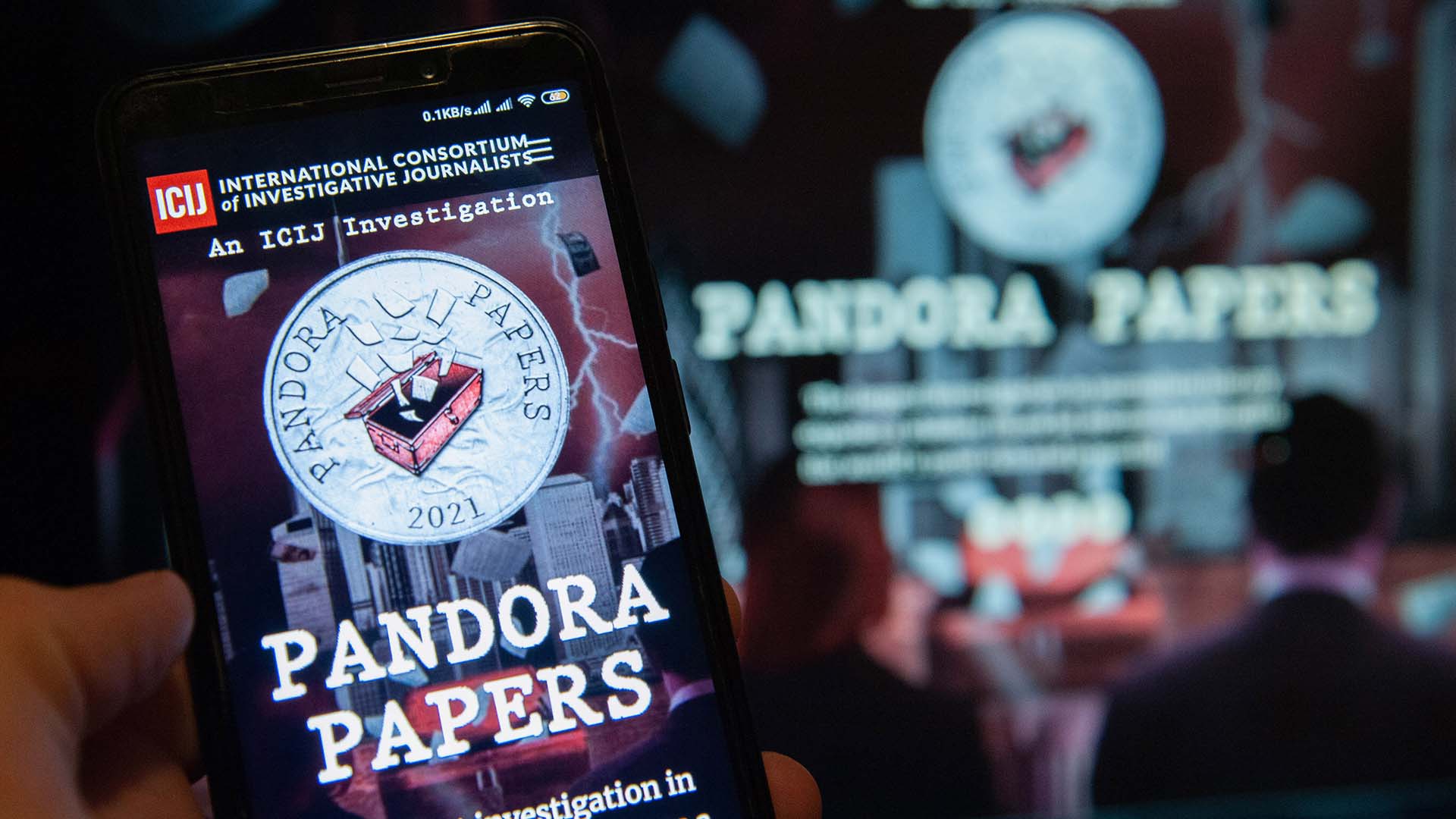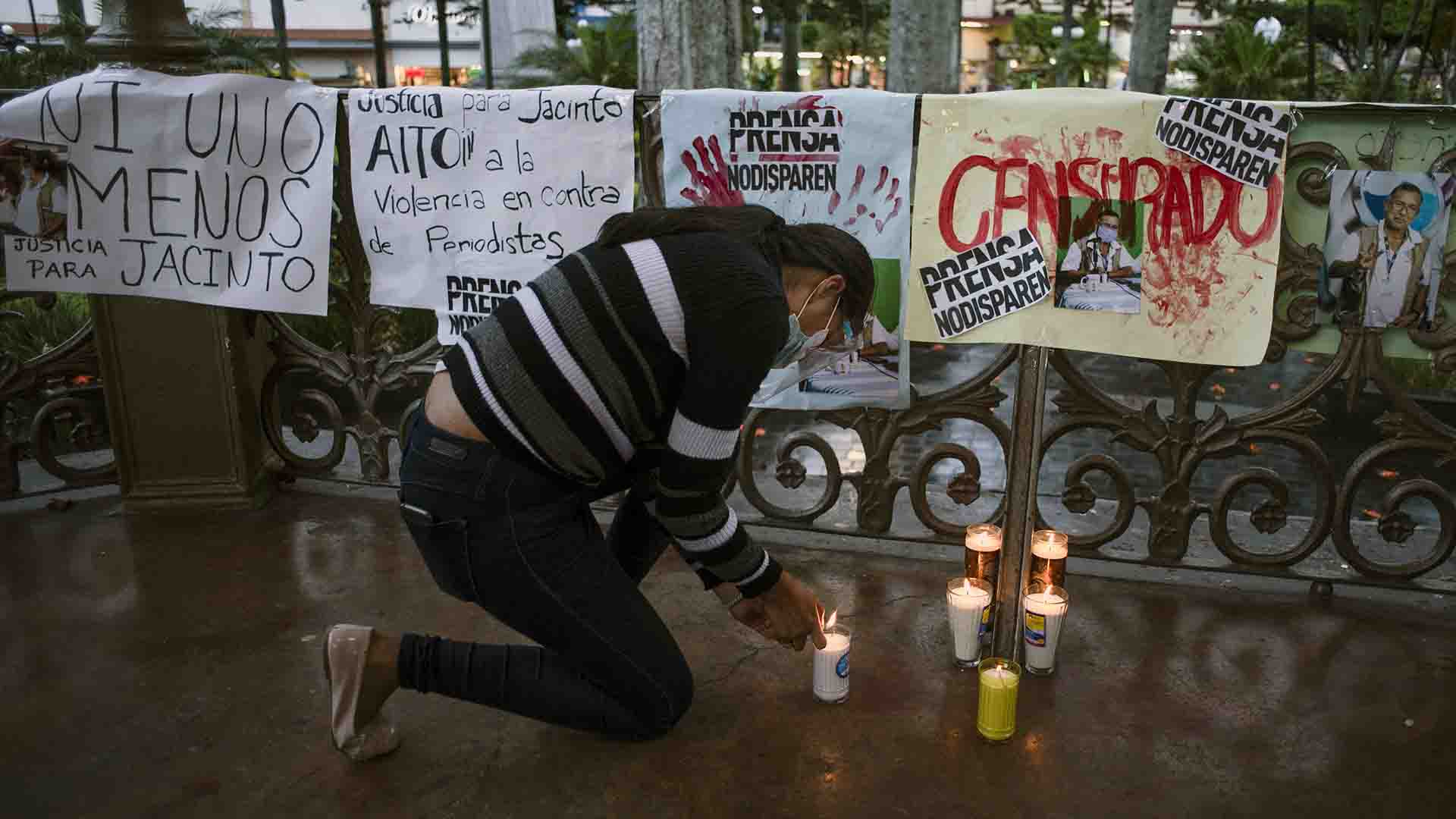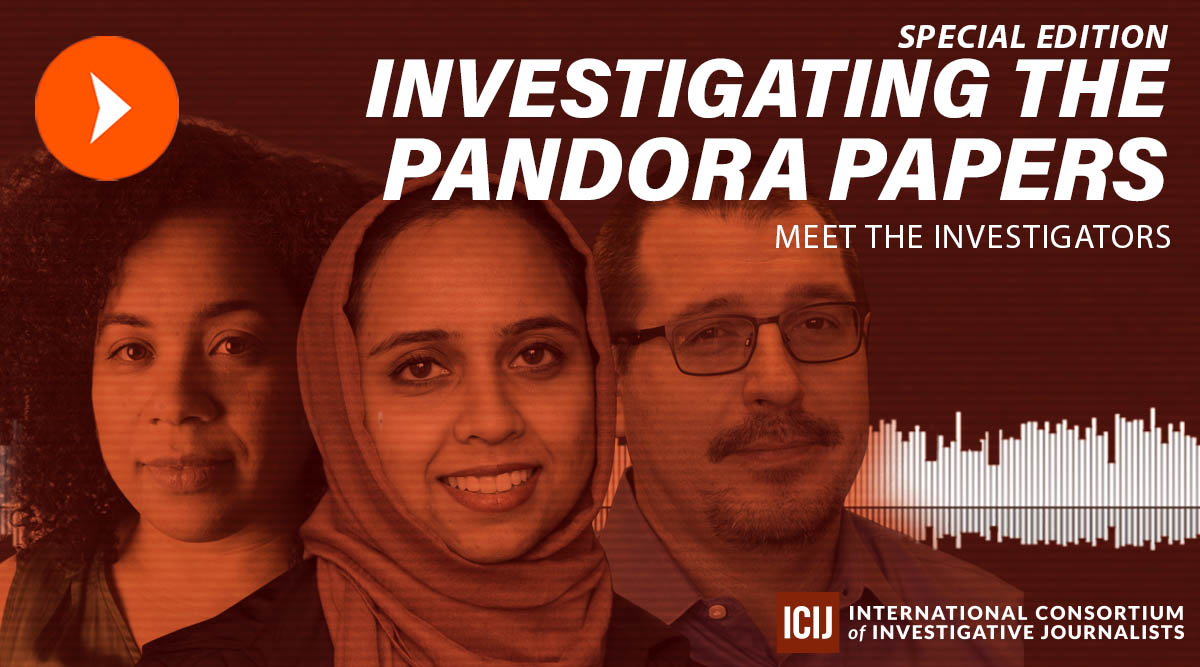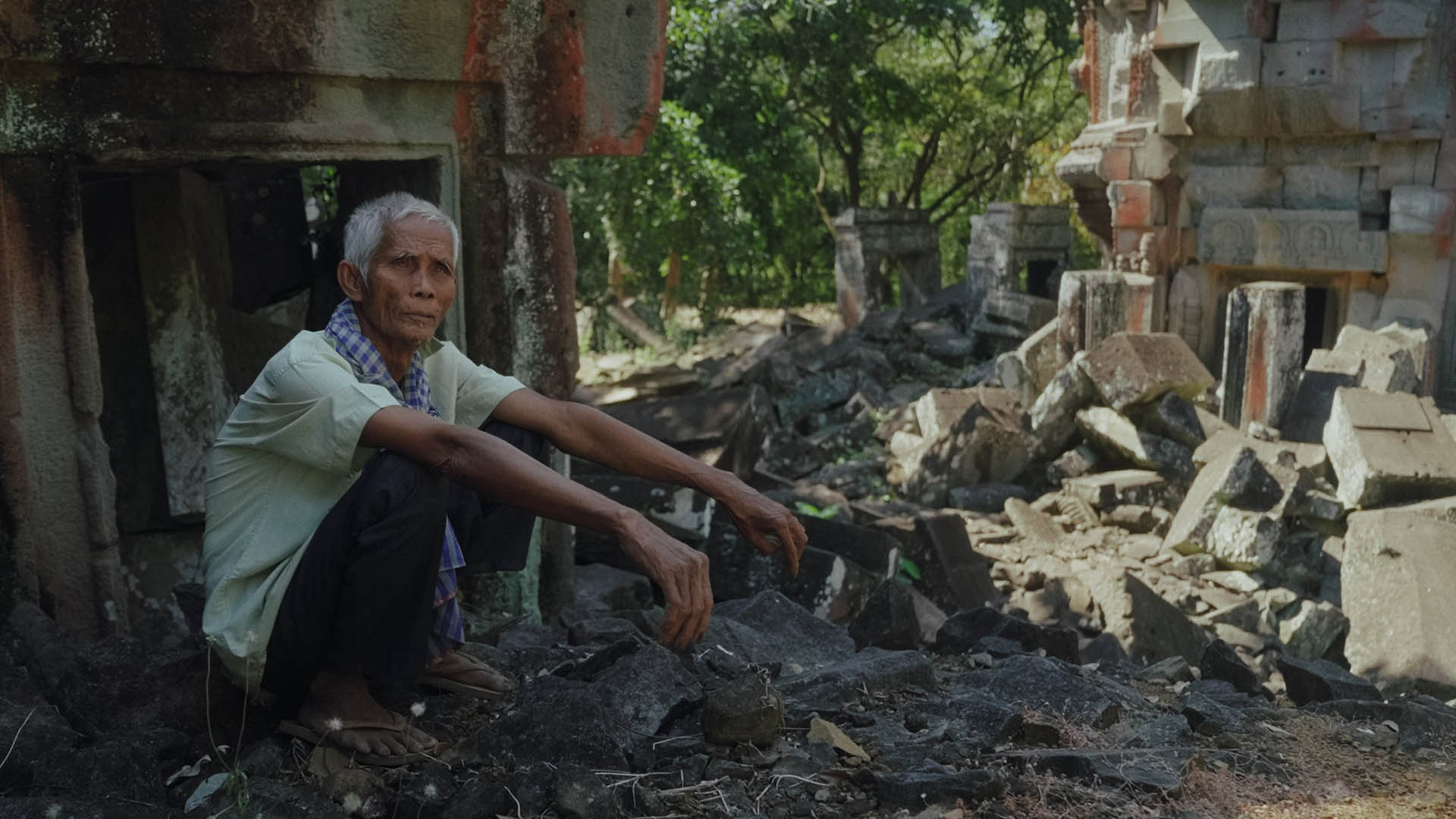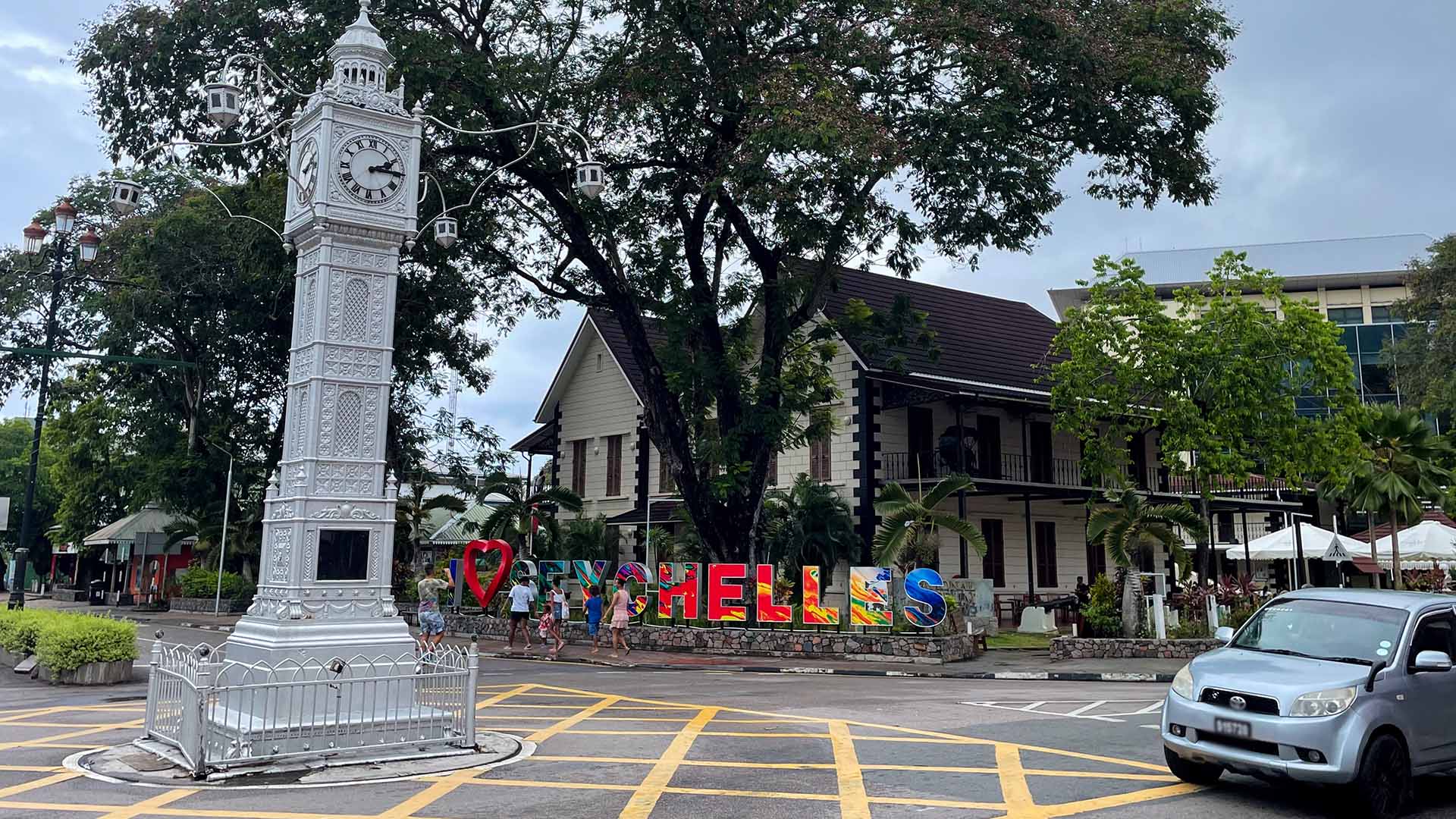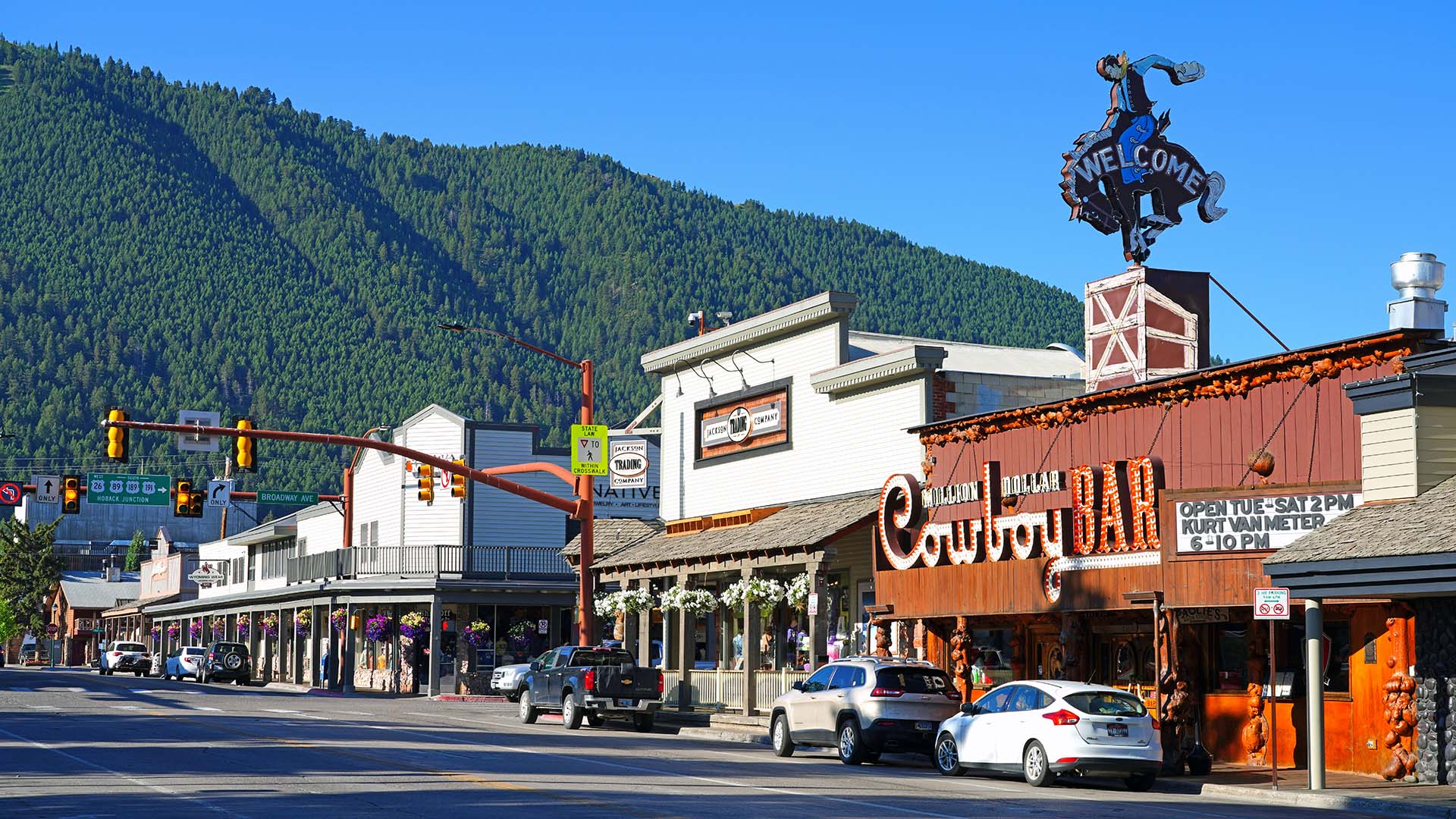From protesters in the streets to dramatic impeachment bids to criminal probes, it’s been a tumultuous few months for Latin America since the publication of the Pandora Papers. The region has also seen a series of historic political swings in recent elections, which included some top contenders embroiled in scandal over offshore dealings exposed by the investigation.
Spearheaded by the International Consortium of Investigative Journalists, the Pandora Papers is based on a trove of nearly 12 million records leaked from law firms and financial advisers that facilitate the creation of shell companies in tax havens around the world. Reporters from Latin America exposed the largest contingent of public servants linked to offshore dealings of any region in the global investigation. Among them: the sitting presidents of Chile, the Dominican Republic and Ecuador, 11 former heads of state and dozens of government officials and politicians.
The Pandora Papers is ICIJ’s biggest collaboration ever, with more than 600 journalists from 117 countries participating. Across Latin America, nearly 100 reporters from more than 30 media outlets contributed dozens of stories. Analysts have dubbed the exposé a “political tsunami for Latin America’s elite.”
Here are some Pandora Papers highlights from ICIJ’s partners in the region.
Argentina
Of the more than 200 countries and territories featured in the Pandora Papers, Argentina has the third largest number of beneficial owners found in the data – that is, the real owners behind the offshore companies found in the documents but whose information usually doesn’t appear in public records.
Reporters from Diario La Nación, el Diario AR and Infobae, identified 2,521 Argentinians linked to companies in secretive, low tax jurisdictions. Among them is Ernesto Clarens, a financier who is under investigation for his alleged role in laundering money from corruption in public works contracts under the Kirchner administration. ICIJ partners found that Clarens opened a shell company in the Bahamas in 2007 to operate a Swiss bank account. A spokesperson for Clarens said the company “didn’t have any activity.” Clarens, who reportedly confessed to authorities his participation in laundering the proceeds of bribery, previously appeared in ICIJ’s Panama Papers investigation with a web of offshore shell companies.
Other Argentinians in the Pandora Papers include: Mariano Macri, the younger brother of the former president Mauricio Macri, who opened a shell company in Belize soon after his brother took office but said he never used it; Zulema Menem, the daughter of former President Carlos Menem, who operated an offshore company while her father was in office; and soccer stars Ángel Di María and Javier Mascherano.
Brazil
Digital outlet Metrópoles found that 66 people who are among Brazil’s top tax debtors and owe collectors nearly $3 billion combined, own offshore companies with millions of dollars deposited in tax havens. Among them is Eike Batista, once considered the country’s wealthiest person, who owes nearly $700 million in taxes. Batista didn’t respond to Metrópoles’ requests for comment.
To come up with the list, reporters searched a government database for the names of all the people with tax debts greater than $3.4 million. Then they crossed the information with the list of beneficial owners found in the Pandora Papers database, the outlet explained in its article.
Metrópoles and ICIJ partners in Brazil Agência Pública, Poder 360 and Revista Piauí, also revealed that the country’s minister of economy Paulo Guedes held millions offshore under a company registered in the British Virgin Islands. After the revelations, Guedes was asked to appear before the country’s legislature to answer questions about his offshore links.
Costa Rica
In Costa Rica, authorities promised to reinforce fiscal controls after Pandora Papers revelations that one of the country’s largest cooperatives, which had been previously fined for its improper use of an offshore company, had registered a new company in Panama in 2019.
Costa Rica Noticias and the Centro Latinoamericano de Investigación Periodística (CLIP) revealed that the Dos Pinos Milk Producers Cooperative registered the offshore company with two other companies in the British Virgin Islands and Barbados as shareholders. Reporters noted that the cooperative doesn’t export to either country. Dos Pinos said the purpose of its offshore structures is to operate commercially in the countries where they are registered.
The cooperative had gotten into trouble over its use of tax havens before. In 2018, Dos Pinos paid a $420,000 tax fine for using a shell company in Belize to pay the salary of its senior executives and evade income and social security taxes. In 2020, the cooperative had to return nearly $1 million to the social security fund.
El Salvador
In El Salvador, journalists at El Faro revealed that two former presidents who had been questioned or investigated for alleged corruption had set up offshore companies that were previously unknown.
Former president Alfredo Cristiani, who oversaw the 1992 peace agreements to end the country’s civil war, set up 16 offshore companies in the British Virgin Islands and Panama, starting a year after leaving office. He also opened at least one company in 1992 while still president. Within three years, five of the companies moved more than $1.4 million dollars and another was valued at $10 million in 2008. Cristiani told El Faro that his offshore activities followed the law. El Faro had previously revealed in 2018 that Cristiani secretly spent more than $5 million from a discretionary fund five months before leaving office. He was questioned by legislators and denied wrongdoing.
The Pandora Papers also revealed that El Salvador’s late former president Francisco Flores was the beneficial owner of two companies, one in Panama and the other in the British Virgin Islands. The companies were created a year after he left office. Before his death in 2016, Flores was under investigation for his participation in the alleged diversion of millions of dollars donated by Taiwan to help victims of a devastating earthquake. In 2018, a court in El Salvador absolved him of civil responsibility.
Mexico
In Mexico, ICIJ partners Quinto Elemento Lab, Proceso, El País and Univision, linked more than 3,000 people to offshore structures. Among them are members of the country’s wealthiest families, elected officials and political allies of President Andrés Manuel López Obrador and former president Enrique Peña Nieto. The list includes people accused of money laundering and corruption.
With information from the leaked documents, the outlets mapped the areas that concentrate the highest number of people linked to offshore companies. Unsurprisingly, the data revealed that most of them live in the most affluent neighborhoods of Mexico City, highlighting the chasm between the poor and those wealthy enough to access the offshore system. The investigation also found that 25 people alone moved $1.2 billion dollars offshore through secretive financial structures.
Paraguay
ABC Color revealed that former president Horacio Cartes operated an offshore company incorporated in 2011 in Panama, but didn’t disclose it in three declarations of assets filed in the years he was president. Cartes amended his declarations to include the company only after receiving questions from reporters in September, three years after leaving office.
After the publication of the Pandora Papers, the president of Paraguay’s Liberal Party filed a complaint against Cartes for omitting the company from his declaration of assets. However, it is unlikely that Cartes could be criminally prosecuted because he amended his declaration voluntarily and before an investigation was launched, reports ABC Color.
Peru
Twenty-one years ago, two journalists from Peruvian newspaper Liberación, reported they were kicked out of the Panama offices of the law firm Alcogal by founder Jaime Alemán, who they said shouted insults and gave orders to break their camera. The journalists were there to seek answers about a group of offshore companies linked to Vladimiro Montesinos, the infamous former head of intelligence of Peru under the Fujimori regime. Montesinos fled the country for Panama in 2000 after a bribery scandal that also prompted president Alberto Fujimori’s resignation. The day after the journalists visited its offices, Alcogal issued a press release denying it had ever had any relation to Montesinos, professional or otherwise.
Two decades later, ICIJ partners Convoca.pe and IDL-reporteros.pe answered some of the remaining questions. The outlets found in the Pandora Papers leak dozens of offshore companies linked to people identified by authorities as frontmen in Montecinos’ web of corruption. The offshore structures were set up by Alcogal, the reporting shows. Many of the companies aren’t known to the Peruvian authorities, which have for years investigated corruption cases under the Fujimori government.
Puerto Rico
In 2012, with the goal of becoming an international financial center, the government of Puerto Rico offered tax exemptions for up to 45 years to anyone who opened a bank, insurance company, subsidiary or firm specialized in financial services on the island. The flexibility offered attracted small banks interested in opening accounts with the Federal Reserve, a direct ticket to the U.S. market and the dollar, reported ICIJ partner Centro de Periodismo Investigativo. The owners of those banks are mostly foreigners and the law prohibits them from offering their services to Puerto Rican residents.
CPI found documents in the Pandora Papers leak that show how those banks became facilitators of offshore transactions for foreigners, including some accused of wrongdoing in the international bribery case involving Brazilian construction giant Odebrecht.
Uruguay
Semanario Búsqueda reported that Diego Godín, the captain of the Uruguayan national soccer team, transferred his image rights to a company in the British Virgin Islands in 2007, two months before debuting with the Spanish league. Godín wasn’t listed as the beneficial owner of the company that was instead registered under his sister and cousin’s names. Godín told Búsqueda he declared the offshore company in Spain and paid taxes on its income.
The use of offshore structures in low-tax jurisdictions to receive payment for image rights was a common practice among soccer players playing in Europe. When detected, the practice led to sanctions.
See more Pandora Papers reporting from Latin America and stories from your country here. You can also hear from several Latin American partners on “Un Poco de Contexto,” an original Spotify podcast that produced an eight-part Spanish language series on Pandora Papers reporting in the region.
